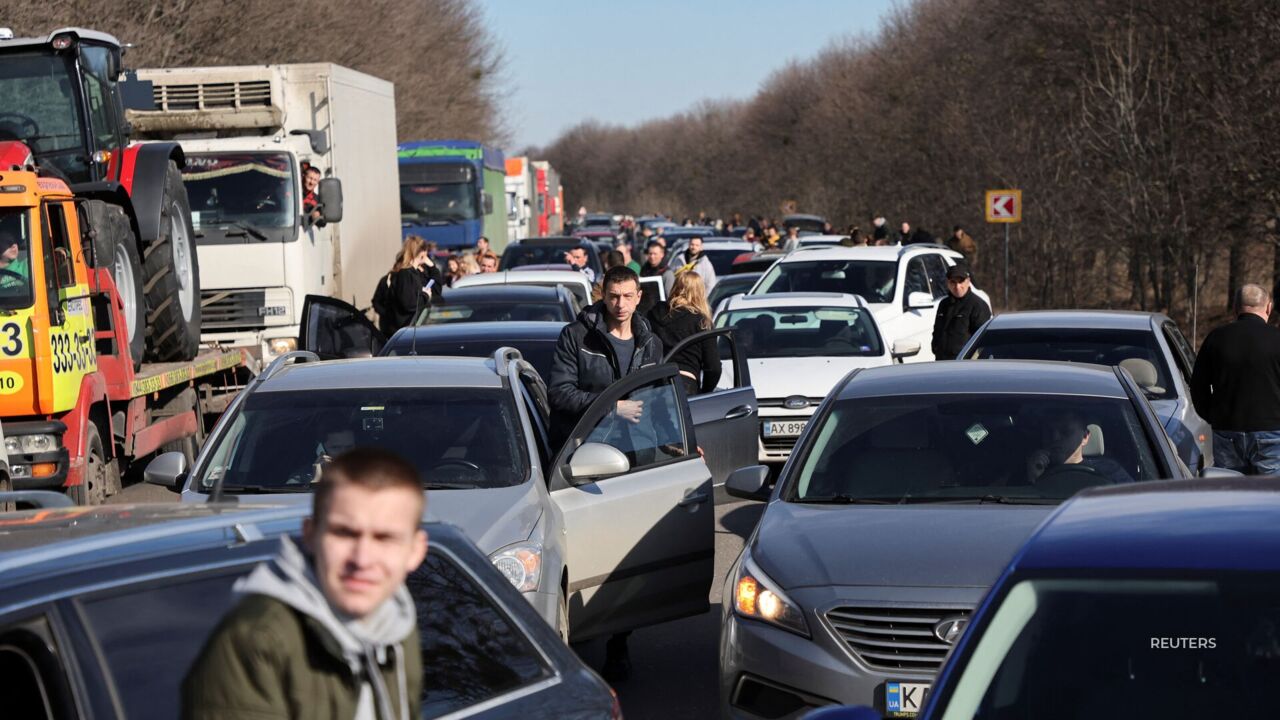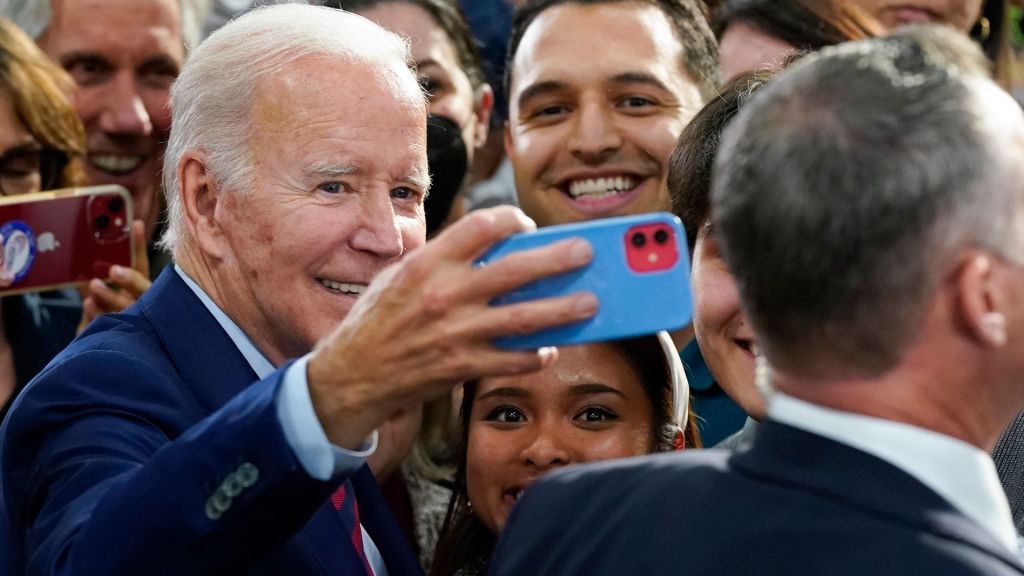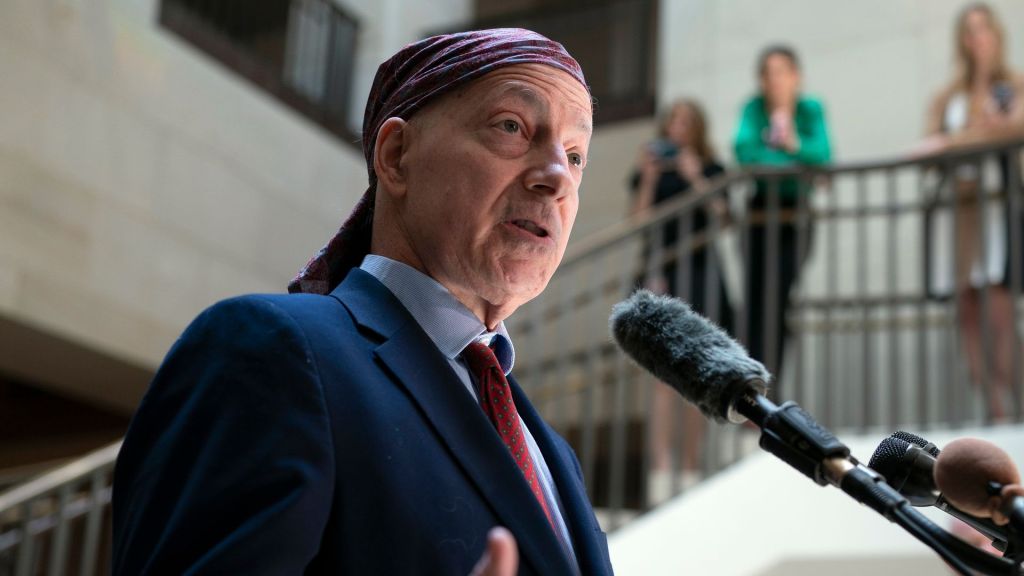
Gwen Baumgardner: “The world continues to watch what’s unfolding in Ukraine and what’s already become a deadly invasion. I want to bring in Dr. Emily Channel-Justice for a bit of perspective. You’re with the Ukrainian Research Institute at Harvard University, Emily, so many Americans have really kind of honed in on the border for the past few weeks. But this dynamic between Russia and Ukraine is not new at all to you. So I’m curious, what was your reaction when Russia finally did invade?”
Dr. Emily Channell-Justice: “Yeah, that’s this war has been going on for eight years. So it’s not new. This isn’t exactly a surprise, I think the scale of what is happening and and kind of the aggressiveness of what is going on. That’s alarming and shocking. But we always knew that this was an option that that Putin may take advantage of, of, you know, a particular timing of a particular narrative that he wants to use. And that’s clearly what has happened. So, you know, maybe not surprised, but still devastated by what’s happening.”
Gwen Baumgardner: “And then we know that leaders, President Biden, for example, are slapping these additional sanctions on Russia. So they’re hoping that Russians will feel it. But I really think it’s important to address that humanitarian crisis that is starting in Ukraine. I know earlier, today, I’m seeing those really heartbreaking images of the long traffic lines, people just trying to get out of the city to safety. What does this mean for them?”
Dr. Emily Channell-Justice: “This is I think, what’s going to unfold over the next days and weeks, we we know that a lot of people are leaving. I mean, a lot of people are staying this is just a fraction of the population of Ukraine that’s trying to leave. I think it’s really important to work with organizations that are already on the ground, that are already available to help with this mass influx of people to Ukraine’s border countries, such as Poland and Slovakia. Those you know, we don’t need to reinvent the wheel here, necessarily helping people kind of where they come in is really essential. I think that includes what it should include increased humanitarian assistance from the United States. Obviously, if we’re not willing to send us troops to Ukraine, then we should be focusing on helping the people of Ukraine in any way possible. And that and that means humanitarian assistance right now.”
Gwen Baumgardner: “Yeah. And then for those who, you know, either chose not to evacuate wanted to stay or wanted to fight. They’re also you know, a large segment who just were unable to evacuate. What is their life starting to look like? We keep hearing this term martial law, what will that look like in Ukraine?”
Dr. Emily Channell-Justice: “So right now, what that mainly means is a kind of limited movement, a curfew in in care, for example. So you know, people can’t they aren’t supposed to be out after 11. That’s, that’s for people safety. All the people who I’m in touch with in Kiev are staying there. They are, you know, hearing air raid sirens, they’re going to the metros, they’re going to their basements, when there’s a threat of bombing. So it’s, it’s scary, and it’s tense. I think a lot of people are kind of waiting to try to make a more informed decision about whether or not to leave immediately. I’m also very concerned about the people who might get left behind might be kind of the most disadvantaged most at risk people. So elderly folks, people with disabilities, very poor people, those are going to be the people who don’t have any means to leave, even if they wanted to. And that I think is a scary prospect.”
Gwen Baumgardner: “Yeah. And then my last question for you, I know that things are changing rapidly. I know that there are a lot of uncertainties. But given that this is really kind of your area of expertise, is there anything that you want to add or think that people need to know, now that they are finally tuning into this crisis and seeing it, you know, on social media, on their televisions? What do they need to know?”
Dr. Emily Channell-Justice: “The most important thing for people who are just coming to this is to make sure you’re getting the correct information. All of Russian state media is limited by Vladimir Putin and by the Kremlin, all of the narratives from the Kremlin are trying to justify what the Russians are doing in Ukraine, which is to attack a peaceful country unprovoked. So it’s really important to get our media from that validated sources. The Ukrainian government is posting a lot on social media, they’re updating their web pages. They’re the ones who can confirm what’s actually going on. Information is really valuable here. We need to make sure we don’t spread panic by overreacting to things that we haven’t verified. But mostly we just need to make sure that that we’re listening to what the Ukrainian authorities are saying about what’s going on, as well as journalists on the ground and there’s there’s many good news sources that have Have journalists on the ground covering this from Ukraine. So that should be that should be what we’re what we’re making sure we do in response to make sure we’re the best as as well informed as we can be.”
Gwen Baumgardner: “I want to thank you so much, not only for your time but also for your insight. I really appreciate it.”
Dr. Emily Channell-Justice: “Thank you so much for having me on.”
Unbiased news. Directly to your inbox. Free!
Learn more about our emails. Unsubscribe anytime.





